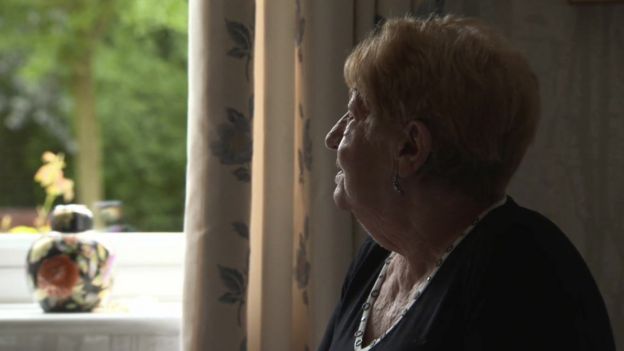Sandwell and West Birmingham Hospitals NHS Trust, which also runs City Hospital in Birmingham and Rowley Regis Hospital, has been given a requires improvement rating from the Care Quality Commission.
England’s Chief Inspector of Hospitals has rated the services provided by Sandwell and West Birmingham Hospitals NHS Trust as Requires Improvement following an inspection by the Care Quality Commission.
This inspection included the following core services; emergency department, medical services, surgery services, end of life care services, outpatient and diagnostic imaging services and the Birmingham Midland Eye Centre. Further unannounced inspections were carried out on 6, 11, 12 and 13 April 2017.
CQC has rated the trust as Requires Improvement overall. It was rated as Outstanding for being caring, Good for being well-led and Requires Improvement for being safe, effective, responsive. The trust’s previous rating was Requires Improvement.
Inspectors found that many services had improved since our 2015 inspection with End of Life Care being rated as Outstanding at both hospitals and in the community service; however, community inpatients was rated as inadequate.
CQC’s Chief Inspector of Hospitals, Professor Ted Baker, said:
“Although some improvements had been noted since our previous from October 2014, the trust had not made all the necessary changes to alter their rating.”
“Staff in the outpatients department did not have their competencies assessed to ensure they were confident and competent to carry out their role. The trust did not always ensure there was enough staffing or appropriate skill mix.”
“CQC rated the community inpatient services as inadequate because of lack of mental health capacity assessments, poor care planning and inconsistent assessment of risk.”
“Paediatric Ophthalmology services were delivered in a service that was not focused on the needs of children.”
“Despite these concerns, we found a number of areas of outstanding and good practice across Sandwell and West Birmingham Hospitals NHS Trust. “Staff must be particularly commended for their caring approach and we rated this area as Outstanding overall. We also rated end of life services and community health services for children and young people as Outstanding.”
“Patients and family members said that the care was not only excellent but that staff always went that extra mile. We observed interactions across the trust and spoke to numerous patients and relatives whom said they were treated well and kept up to date and well informed about their treatment.”
“The trust leadership knows what it needs to do to bring about improvement in the areas identified and our inspectors will return at a later date to check on what progress has been made.”
The CQC has told the trust it must take action in several areas, including:
- Patients in the emergency department must receive treatment within one hour of arriving in line with the Royal College of Emergency Medicine (RCEM) recommendation.
- Medical care services must ensure temporary staff being used are competent to fulfil the role.
- Records of care and treatment in surgery provided to patients are accurate and complete.
- The trust must ensure doctors use the appropriate proforma in place for effective clinical pathways.
- The trust must improve local governance and ensure risks to the service are escalated, recorded, actioned and reviewed in a timely manner.
Inspectors saw several areas of outstanding practice, including:
- The palliative and end of life care service ensured that patients and their families were involved in their care and their choices and preferences were upheld, including where they would prefer to be for their care and when they died.
- Staff showed great compassion, empathy and an understanding of patient’s needs and preferences.
- Newton 4 ward at Sandwell displayed a high-level person centred care approach. A number of innovative practices were developed on this ward, which included the breakfast therapy club to aid with patient rehabilitation, rewarded by the Stroke Association.
- The palliative and end of life care service integrated coordination hub acted as one single point of access for patients and health professionals to coordinate end of life services for patients.
Full reports for the trust are available on the cqc website.





